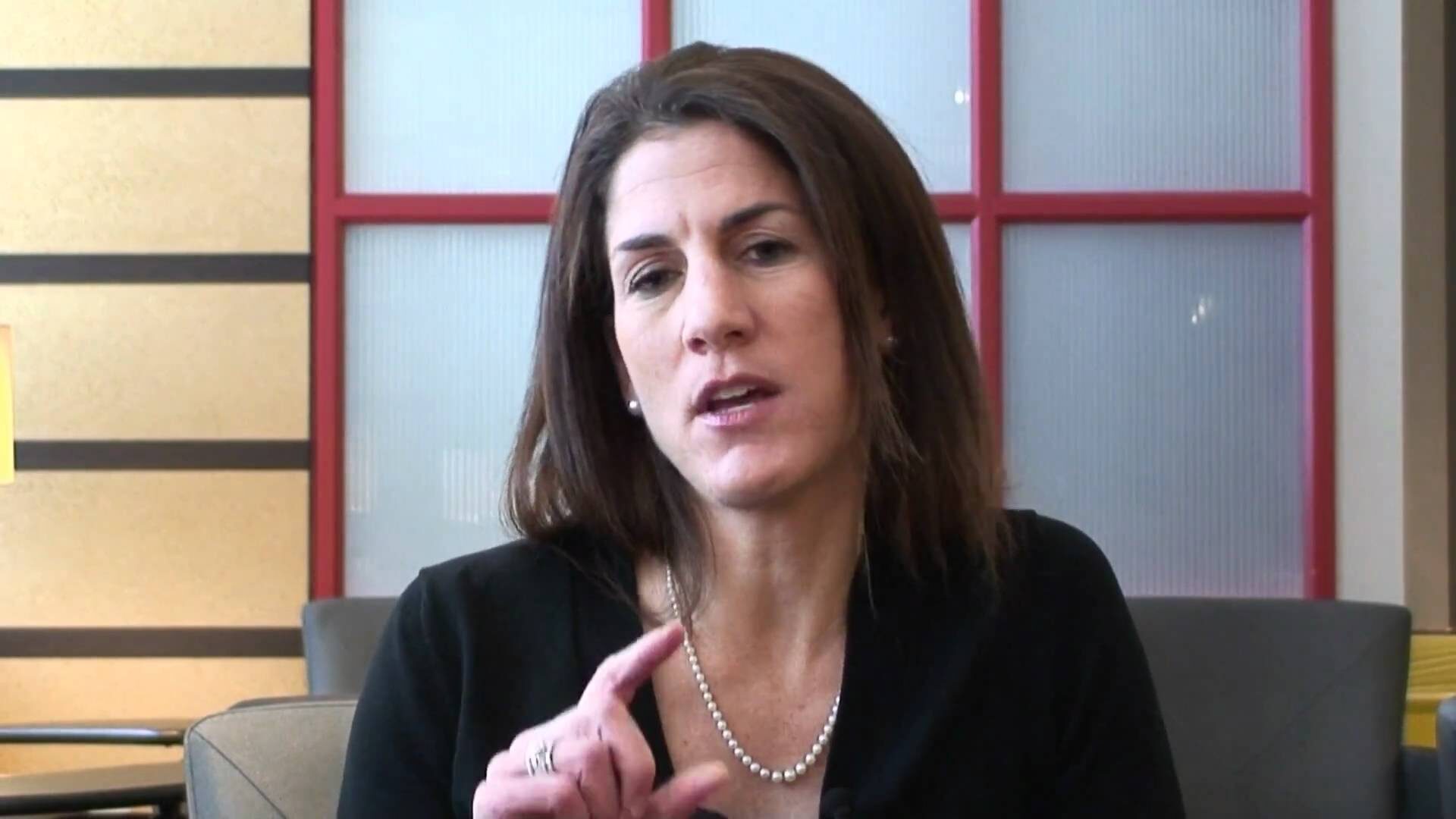We have a word in English that we use to refer specifically to the little star that we use as a typographical convention. And the word is “asterisk.”When I say that word, I have to actually slow myself down, because “asterisk” is not how I say that word. I say “asteriks.”
I became very aware of this a few weeks ago, when I was teaching Indo-European. Linguists use that little star to mark reconstructed forms, to mark forms for which we have no evidence. So multiple times in the lecture, I had to say “asterisk,” except more than half the time I said “asteriks.” The students, of course, pointed this out to me—that I had two pronunciations. And I said, “Well I only say ‘asterisk’ when I’m being careful.”
We have a word in linguistics for this process of switching sounds (in this case /s/ and /k/); it is called “metathesis,” and there are many examples in English of sounds switching places like this. One example is “bird,” which used to be “brid.” And “third” used to be “thrid,” which actually makes much more sense, because you can see the relationship with “three.”
An example of metathesis that people are often surprised about is that “ask” used to be “aks.”
Many people assume it goes the other direction: that it was “ask” and then some people started saying “aks.” But actually “aks,” as in “aks a question,” is older, and in fact Chaucer uses “aks” in the Wife of Bath’s Tale. So in that case, a “ks” changed to an “sk.”
In “asterisk” we are taking an “sk” and changing it to a “ks.” So next time you go to the drugstore and ask for a “perscription” instead of a “prescription,” just realize that you’re participating in this process called metathesis, and you’re not the only one.
What do you think? Are there metatheses you say yourself, or that you hear often? Are there switches that drive you crazy? Are there any you like? Share your thoughts in the comments.
This video, produced by Rob Hess, originally appeared in LSA Wire, where you can find an archive of Ann Curzan’s videos on language.




Nicole Rhoads
“nuclear” and “nucular”!!!
Reply
Bob Goldstein - 1974
libary vs. library
Reply
Ross Leavitt - 2009
What about Wednesday and iron? Did they used to be pronounced the way they’re spelled?
Reply
Neil Hughes - 1984
“REE-la-tor” instead of “REAL-tor” drives me nuts. And I’m probably the only North American who still says “Feb-ru-ary” without pausing, instead of “Feb-u-ary,” though I had to let others’ pronunciation of that one stop bothering me a long time ago. I also can’t stand “goff” for “golf”–it ain’t a silent L, like in “calf,” folks!
Reply
J M
Wednesday = Woden’s day, as far as I know.
Reply
Roberta Shortt - 2002
Don\’t forget February Feb-u-ary, one of my per peeves. Isn\’t the problem also merely sloppiness?
Reply
Shawn Payment - 1985
“coupon” pronounced as “cue-pon” (Q-pon)?
Reply
Robert Lochow - 1975
They ALL drive me crazy. What distinguishes metathesis from dyslexia?
Reply
Cheryl Nordstrom - 1992, 1995
Saying “pacific” for “specific” and “supposubly” for “supposedly” both drive me nuts! I wonder if those same people also spell these words incorrectly…
Reply
Dottie Patterson - 1958
Saying calvary when cavalry is meant, and running a gauntlet instead of a gantlet.
Reply
Winnie O\'Shaughnessy - 1955
My son is a professor, but he always says expecially.
Reply
Richard Fidler - 1966
Maybe “s” followed by “k” is not a frequent combination in English and children never master it–thus, “aks” for “ask”. The same with “s” followed by “ph” (f) as in “sphere” or “sphinx”–those words are likely candidates for metathesis.
Reply
Elaine Pliskow Adler - 1960, 1963
As a purist, all the above drive me crazy. However, your comment about “aks” actually preceding “ask” raises an important issue. If musicologists have found that Southern mountain folk music originated in Old England, then it would make sense for pronunciation and syntax to do the same. Perhaps we need to accept when young people with family origins in the old South use “aks” instead of trying to change them.
Reply
Randy Schwartz - 1979
A lot of the comments so far mention various mispronunciations that are not examples of metathesis. But a common example of metathesis is, I think, \”comf\’trable\” which is how most people pronounce \”comfortable\”. The T and R have switched places.
Reply
Michele Desvignes Schilling - 2009
Zounds! Must we live with momentos rather than mementos?
Dear friends do you smirk at verbage? I would much rather have verbiage.
Zoilists of the world unite! Restore the rightful importance of voculation in civilized society!
Reply
Abigail Beutler - 1960
Most of these mispronunciations result from sheer laziness. If it is more difficult to wrap one’s tongue around a word, it is more likely to be mispronounced. A result of our culture.
Reply
jeffrey settecerri - 1984
what about “birfday” instead of birthday?
Reply
Carole Harrett - 1970
The pronunciation of the subject word was made unforgettable for my husband by this verse:
“Suzy Smith put on her skates,
Upon thin ice to frisk.
Her friends thought her a fool indeed,
Her dainty *.”
Reply
Kathryn Sanderson - 1990
The difference between metathesis and dyslexia is that dyslexia is specifically related to reading. Metathesis, on the other hand, is not related to reading; even people who can’t read can switch sounds.
Reply
Michele Desvignes Schilling - 2009
Asp and Apse both are real words and have very different meanings.
Reply
Bob Milbrath - 1986 PhD
Isn’t Asteriks (with an X of course) that guy from the Gothic village?
Reply